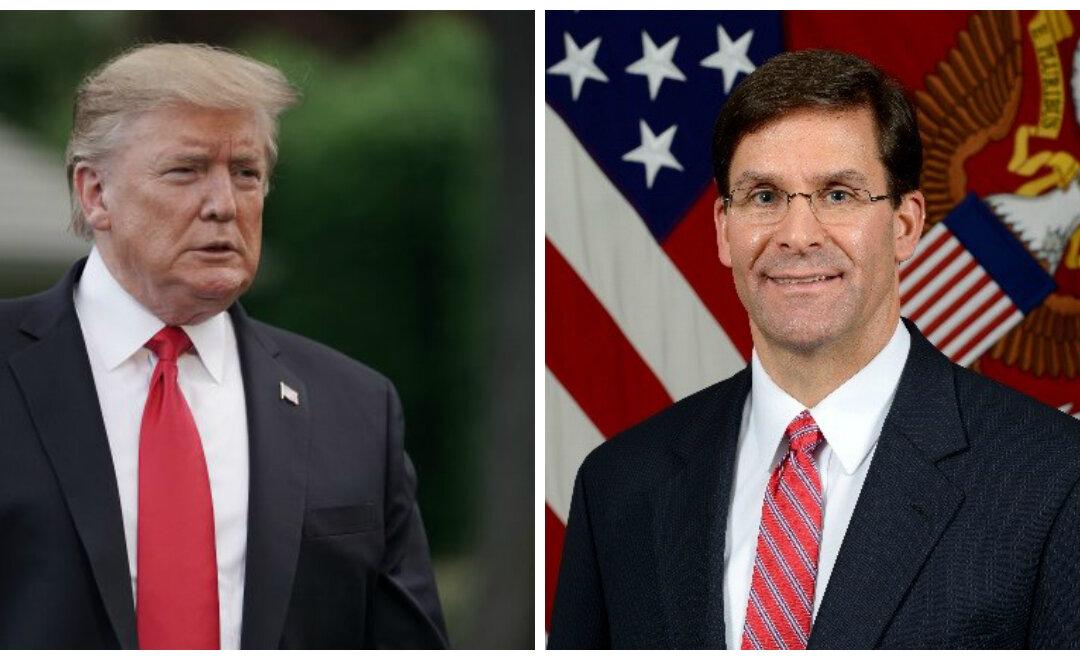President Donald Trump announced on June 21 that he intends to formally nominate Army Secretary Mark Esper as the next secretary of defense.
This follows Trump’s decision earlier this week to place Esper as acting secretary of defense after Patrick Shanahan abruptly withdrew from consideration for the top job earlier this week.




